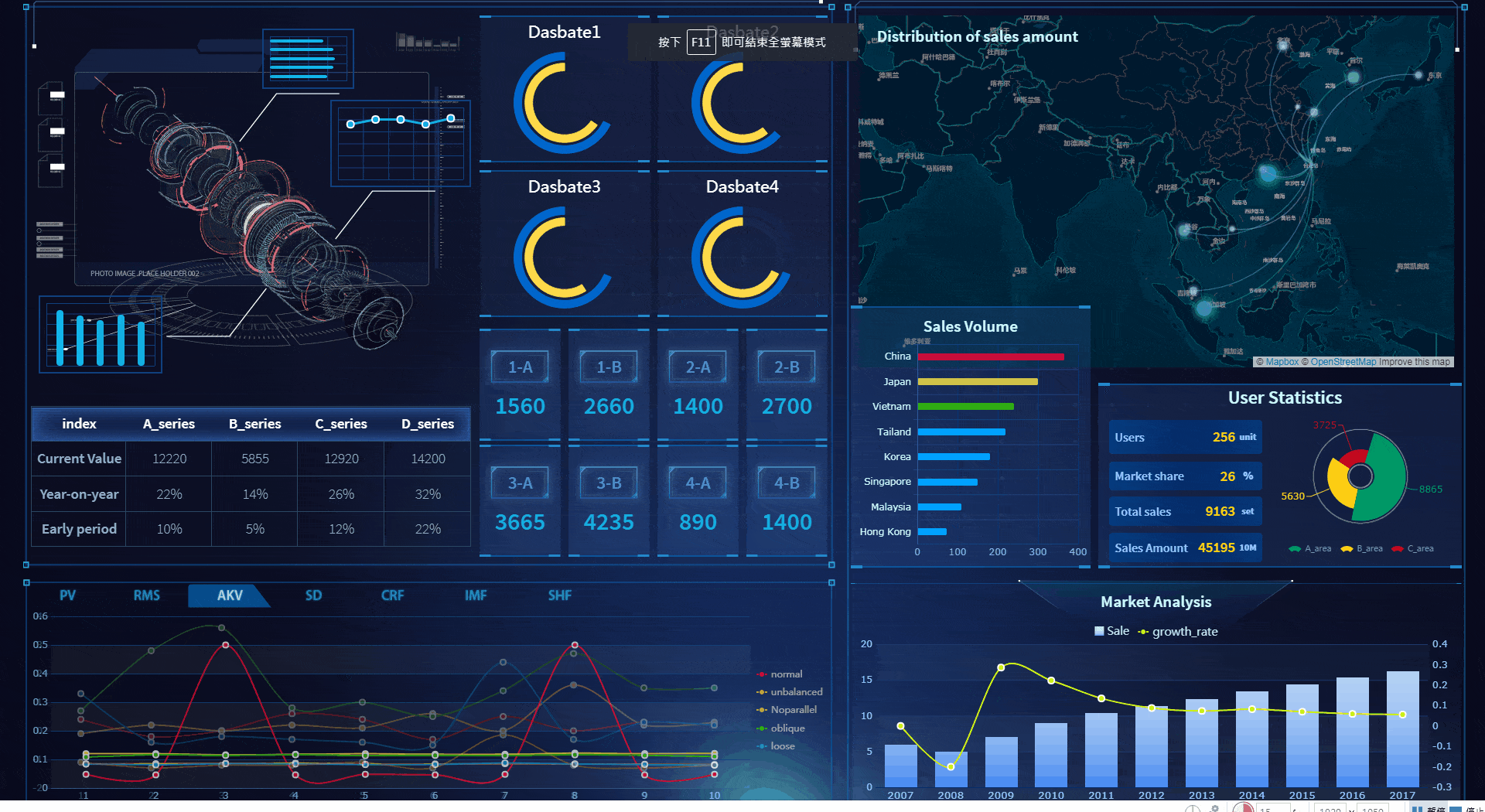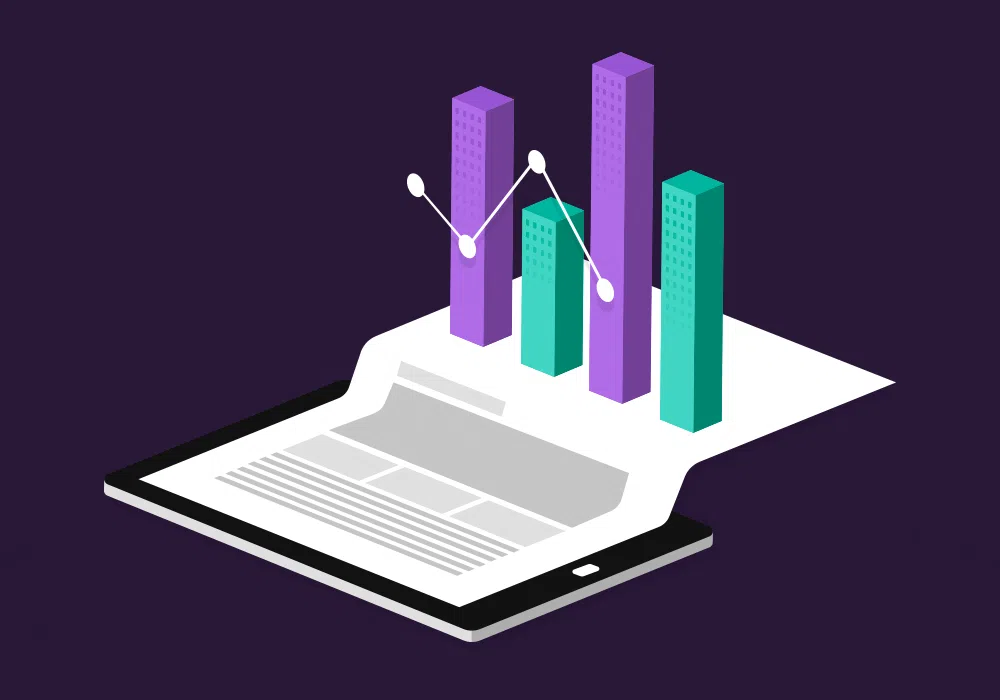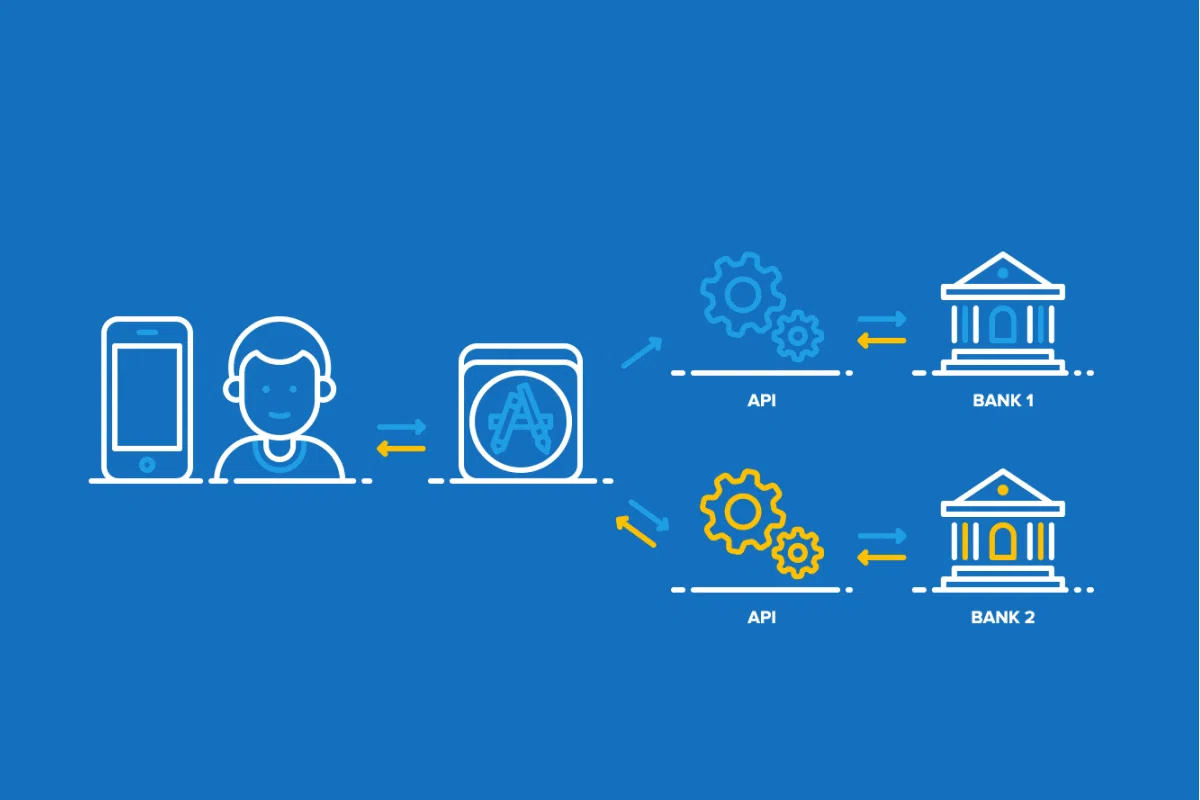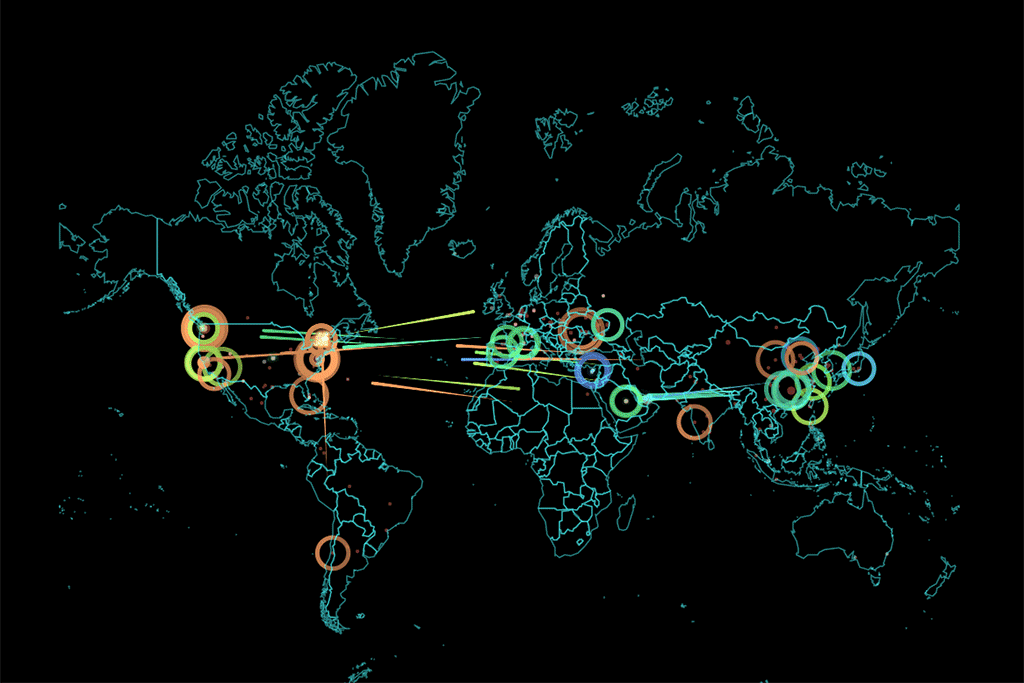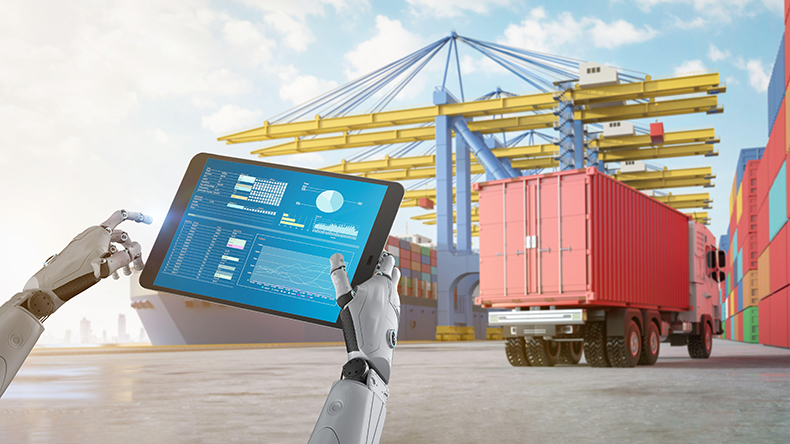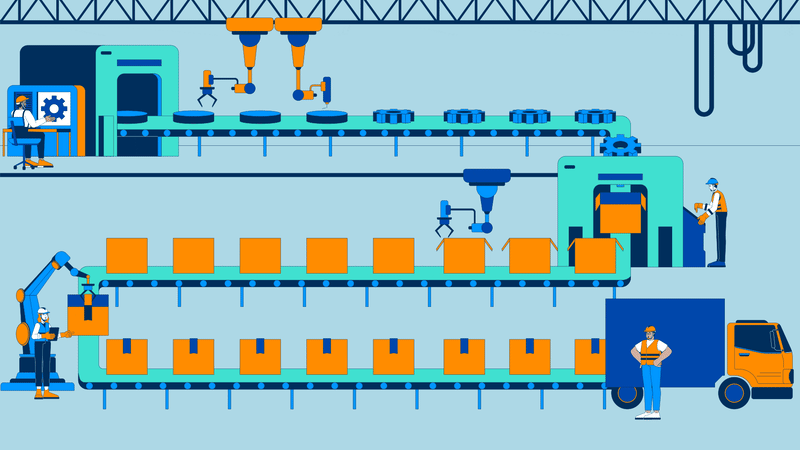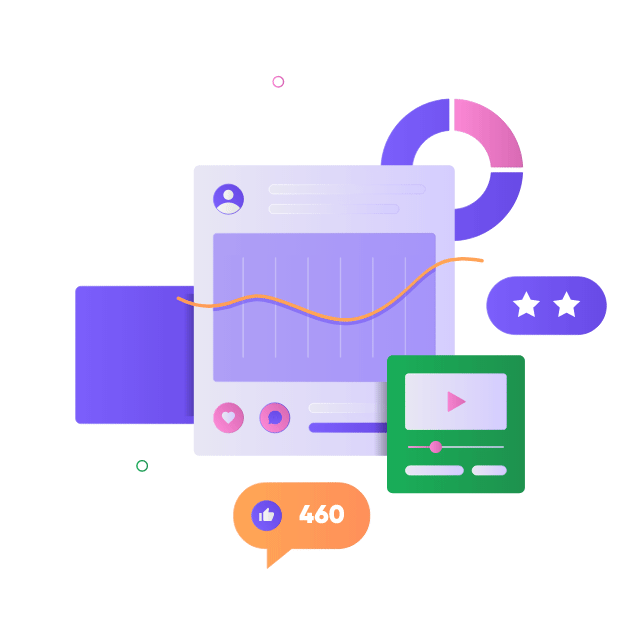Healthcare Intelligence
Healthcare organizations today face an ever-growing complexity in managing patient data, treatment plans, and operational workflows. The sheer volume of electronic health records, imaging data, lab results, and real-time patient monitoring creates challenges for both clinical and administrative staff. Our AI solutions help hospitals, clinics, and healthcare providers transform these massive datasets into actionable insights that improve patient care and operational efficiency. Predictive models can forecast patient admissions, reduce readmissions, and anticipate complications, enabling proactive interventions. AI-driven diagnostics analyze imaging and lab data to detect early signs of disease, improving clinical outcomes and reducing human error. In addition, resource management tools optimize staffing, scheduling, and equipment usage, ensuring that critical areas are always adequately staffed and supplied. Supply chain and inventory optimization for medications and critical equipment further reduce waste and shortages, streamlining procurement processes. Personalized treatment recommendations are generated by analyzing patient histories, genetics, and ongoing monitoring, ensuring tailored care for each patient. Beyond hospitals, AI supports public health initiatives by predicting disease outbreaks and identifying at-risk populations. By integrating AI across operations, healthcare providers can not only improve efficiency and reduce costs but also deliver higher-quality care, enhance patient satisfaction, and strengthen compliance with regulations. Our solutions empower clinicians to focus on patient-centered care while automation and predictive analytics handle the complex data analysis, ensuring smarter decision-making at every level.
Core Problems in Healthcare:
- Delayed diagnoses due to manual image and report analysis
- Overcrowded hospitals and inefficient scheduling
- Fragmented patient records across disconnected systems
- High administrative workload and manual reporting
- Shortages of clinical staff and resource misallocation
How AI Solves These Challenges:
- Medical imaging AI for rapid anomaly and disease detection
- Predictive patient flow & capacity planning
- NLP systems for processing clinical notes and EHRs
- Automated billing, compliance, and reporting workflows
- AI-powered triage and early warning systems



